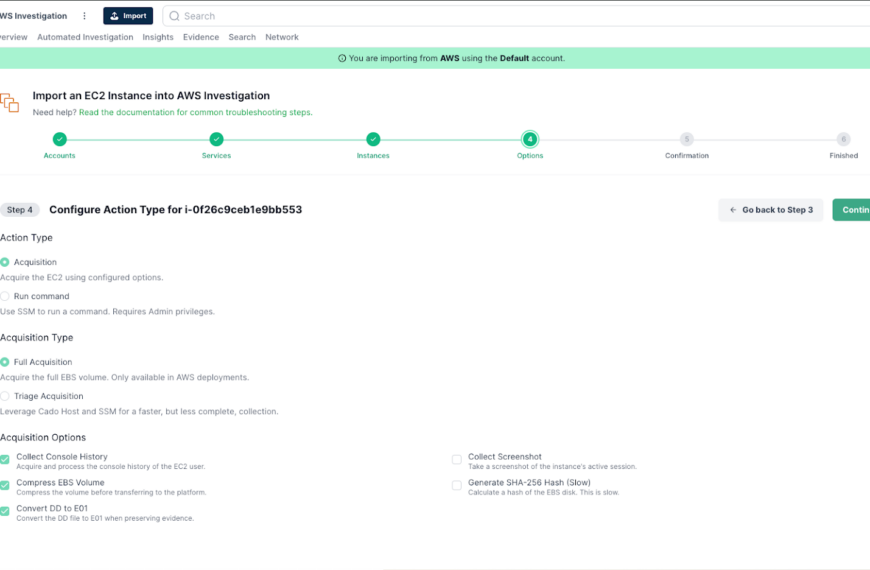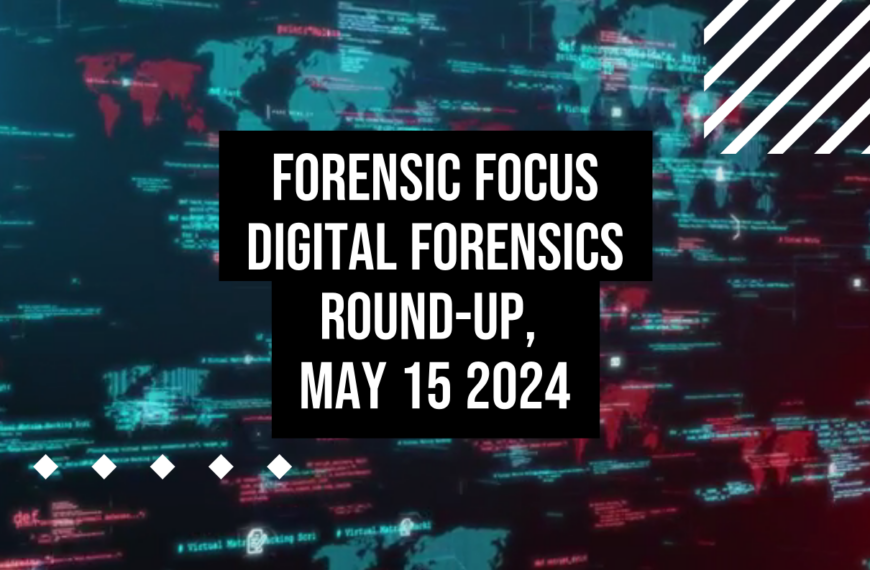First published February 2009
by Greg Smith
Mobile Telephone Evidence & Forensics
trewmte.blogspot.com
I have similar thoughts regarding mobile telephone evidence and I have raised them, in the past at my webblog, and recently published at my webblog discussion about Cell Site Analysis:
trewmte.blogspot.com/2008/11/csa-from-ockhams-occams-razor-to.html
trewmte.blogspot.com/2008/11/mobile-phones-and-fringe-coverage.html
trewmte.blogspot.com/2009/01/checking-masts-csa.html
trewmte.blogspot.com/2009/01/checking-masts-csa-2.html
There are many other discussions, too, at my webblog about SIM and mobile telephone examination where help and assistance has been given (free of charge and free of advertising I might add) to aid comprehension about mobile telephone evidence. Similarly, GPS must be taken seriously as people can lose their liberty and a whole lot more where evidence like this can add a contributory factor to the case against them. This matter will become more prevalent in the future as GPS modules are increasely being included in mobile telephones.
Market research from ABI indicates that shipments of GPS-enabled mobile phones will hit a speed-bump in 2009, but will still manage to post year-to-year unit growth through the current economic downturn. While global handset shipments are expected to drop by 4—5% in 2009, prior to 2009 GPS-enabled phones will show a climb to 240 million units, an increase of 6.4% for 2008. Moroever, Smartphones are expected to increase at an average 19% from 2009 to 2014 and it is predicted nine of every ten smartphones will contain GPS ICs in 2014, compared with one in three for 2008.Given these latest GPS statistics that have been released it is timely that Professor Last, the immediate past president of the Royal Institute of Navigation (RIN), should have his GPS forensics and evidence article ‘Silent Witness’ published in Navigation News (an RIN publication). I like the way David has woven in the use of computer forensics, which like mobile telephones, provides a complementary service to GPS devices for the data recovery process. Copying data though is simply not enough and the ‘Silent Witness’ article is strong on the importance of accurate interpretation of GPS data. A principle I wholehearted agree and why I have been promoting the importance of Mobile Telephone Forensics and Evidence Degrees.
David has kindly provided a copy of his ‘Silent Witness’ article that can be downloaded from Mobile Telephone Evidence at the link below:
www.filebucket.net/files/10614_ggvgt/pub356_scanned.pdf
Professor David Last ‘Silent Witness’
Navigation News January/February 2009
Pages 10-13
Thanks also to the RIN (www.rin.org.uk)














